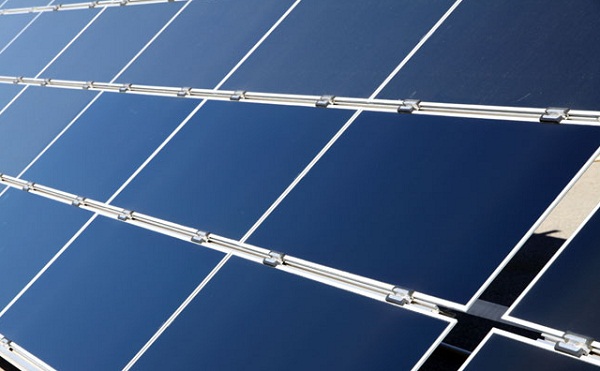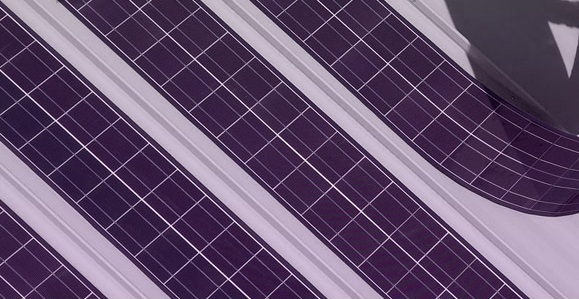Demonstrating just what a tough time this is for solar manufacturing – whether you got guaranteed loans or not – GE said Tuesday that construction of a 400 megawatt thin-film plant in Colorado was on hold for 18 months.
GE had announced back in April 2011, after it completed the acquisition of thin-film company PrimeStar Solar, that it intended to go big with cadmium-telluride (CdTe) panels that would compete with the category leader, First Solar. Then in October it pegged Aurora, Colo., as the site of what was envisioned to be the largest solar plant in the United States.

Since then, however, massive excess capacity has led to solar module prices cratering, and Forbes said Tuesday afternoon that GE confirmed rumors that it had suspended work on the Aurora plant.
A company representative told GigaOm that it would pause to focus on enhancing the efficiency of its solar panels in order to produce a competitive product.
“We are banking on the fact that with the technology improvement and our investment in technology today, we will put out more competitive products coming out of that factory,” said Danielle Merfeld, general manager of solar technology at GE.
Last year’s announcement by GE to build a big solar factory had set off quite the competition to land the plant, according to Colorado Energy News. Ten states reportedly vied for the plant. Colorado won because it had a technology head start and a facility that could quickly be turned into a factory, said Victor Abate, head of GE’s renewable-energy business. GE had said the new Aurora plant would employ 400 workers.
News that the plant was on hold broke just a few days after another Colorado thin-film manufacturer, Abound Solar, announced it was stopping production and filing for bankruptcy.
Abound had used $70 million of a $400 million guaranteed loan from the U.S. Department of Energy – the same sort of loan guarantee that caused such a ruckus when Solyndra went under late last summer. Abound had halted production earlier this year in the face of falling prices, vowing to modify its plant and operations in order to produce a more efficient model — a hope that sounds a lot like the one expressed by GE on Tuesday.

The problems in solar are hardly limited to the United States, however; German company Schott Solar said last week it was closing a New Mexico plant and would stop producing crystalline silicon photovoltaic products at its main Germany plant this fall.
The GE announcement has got to raise concerns at the U.S. Department of Energy about another of its loan-guarantee recipients, SoloPower. It got a $197 million loan guarantee to build a plant in Portland, Ore., that’s nearing completion. SoloPower attracted excitement with a manufacturing process described by the DOE as “innovative” and yielding “low-cost, high efficiency copper, indium, gallium and (di) selenide (‘CIGS’) -based photovoltaic cells.” But all of that was a year ago, and as the succession of bankruptcies and pullbacks in solar has shown, a year ago was an entirely different reality.